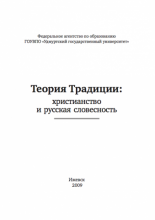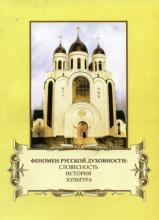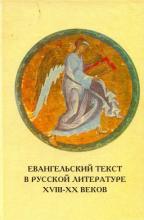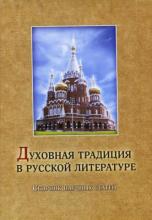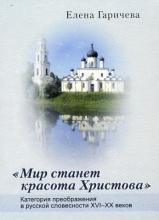Ivan Esaulov
The common point of the latest discussions has become the statement of the obvious crisis in the study of Russian literature. As a rule, the Soviet version of the literature history is considered to be ideologically incorrect and becomes a subject to various ‘revisions’.
However, the origins of the present crisis concerning the ‘scientific nature’of literature studies apparently cannot be reduced to the fraudulent Soviet misrepresentation. This is because the soviet version of reading of Russian literature has its pre-revolutionary, notably – revolutionary-democratic, ‘left’ genealogy.
Commonalities between soviet, post-soviet and revolutionary-democratic interpretations of Russian literature are based on a peculiar axiology. A letter to Gogol was and still is the Creed of a sort of the intellectual consciousness, which puts itself into studying Russian literature: pre-soviet, soviet, and post-soviet. At the same time, this is also a kind of a manifesto of the attitude towards Russian writers - in the case when they openly assert Orthodox Christian principles of the Russian being. S.N. Bulgakov has noticed that Russian ‘national world-view and spiritual way of life are determined by Christian faith’. And the absolute majority of Russian authors, especially primary ones, were embodying this world-view in their literary works. With all this, the ‘left myth’ opposite to this faith and this spiritual way of life is characteristic for most of the interpreters of Russian literature. This myth will be explored in the present article.
It was within this ‘left myth’ that the so called ‘conservative’ and ‘progressive’ writers were differentiated. All the literary phenomena in which Christian principles of Russian life were most clearly expressed were marked as conservative. On the contrary, all that was in any way in opposition to the Orthodox ‘order’ of the Russian empire was - according to this logic - progressive. In its logical limit progressive is what should finally destroy this empire. And the higher the degree of the ‘radicalism’, the more ‘progressive’ is a writer, a public figure or a literary critic.
It is for this reason that the most mature later works of not some secondary writers, but of Pushkin, Gogol, and Dostoyevsky were ‘not read’ and sometimes even rejected by the ‘foremost and progressive’ democratic Russian critics just because they were contradicting the logic of the ‘left myth’.
This ‘left myth’ also includes representations about the so-called ‘liberation’ movement in Russia and its ‘stages’ without specifying who exactly and from what precisely was being ‘liberated’. Quite aggressive representations of the allegedly ‘negative’ role of the Church in Russian culture that were formed within the Marxist materialistic thinking were also well fitted into this ‘myth’. Vast majority of both those representative of the ‘official’ soviet liberal arts and internal ‘dissidents’ cautiously opposing to them in 60-80s were ‘inside’ of essentially the same mythology and shared all of its most important dominant principles.
Post-soviet authors succeeding to this left mythology attempt to position their own myth as a foundation of liberal arts. History of soviet science explains this claim quite well: we remember well that only one – Marxist – direction considered itself ‘scientific’, whereas the rest were ‘antiscientific’. Even though now the situation in Russia is different, such a monopolism sadly happened to be so enduring that it outlived the soviet period. However, the mythology described here must know its place. In the study of Russian literature this place is quite modest and only due to certain historical reasons is it, similarly to the soviet period, still improperly important.
Most recently, we see more and more new attempts of ‘desacralization’ of Pushkin, Gogol, and Dostoevsky – in particular ‘desacralization’ of their ‘reactionary’ faith, as well as their ‘false’ ideas about Russian autocracy, Russian people and the destiny of Russia. One could even talk about a manifest ‘renaissance’ of this sort of these views reminding of the accusing ideological soviet idea of the 20s. It is extremely significant that in parallel with and somewhat instead of this ‘desacralization’ one’s own literary idols are introduced, whose works are apparently more in axiological tune with the post-soviet ‘education’ (‘obrazovanshina’) pertaining to the humanities.
Apparently, we are dealing here not only with the local and pseudoscientific logic restrained by materials on literature studies, which finds support in beliefs of Belinsky, Chernyshevsky and Dobrolyubov. These beliefs themselves constitute one of the branches of this mythology that could be defined more exactly as the left one and fraught with permanent revolutionary character – in the broadest sense of this word.
